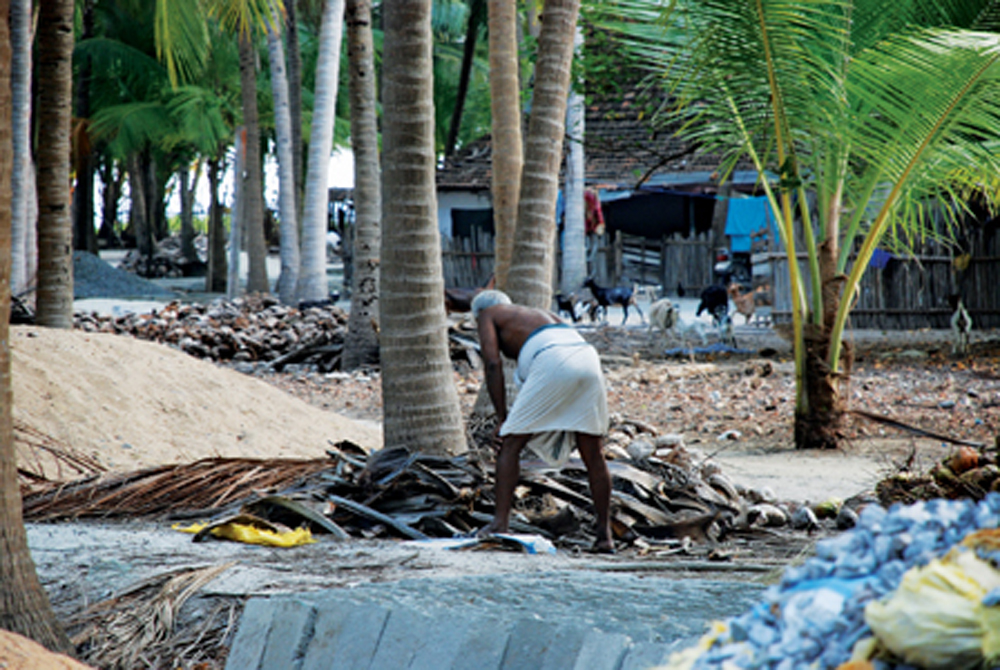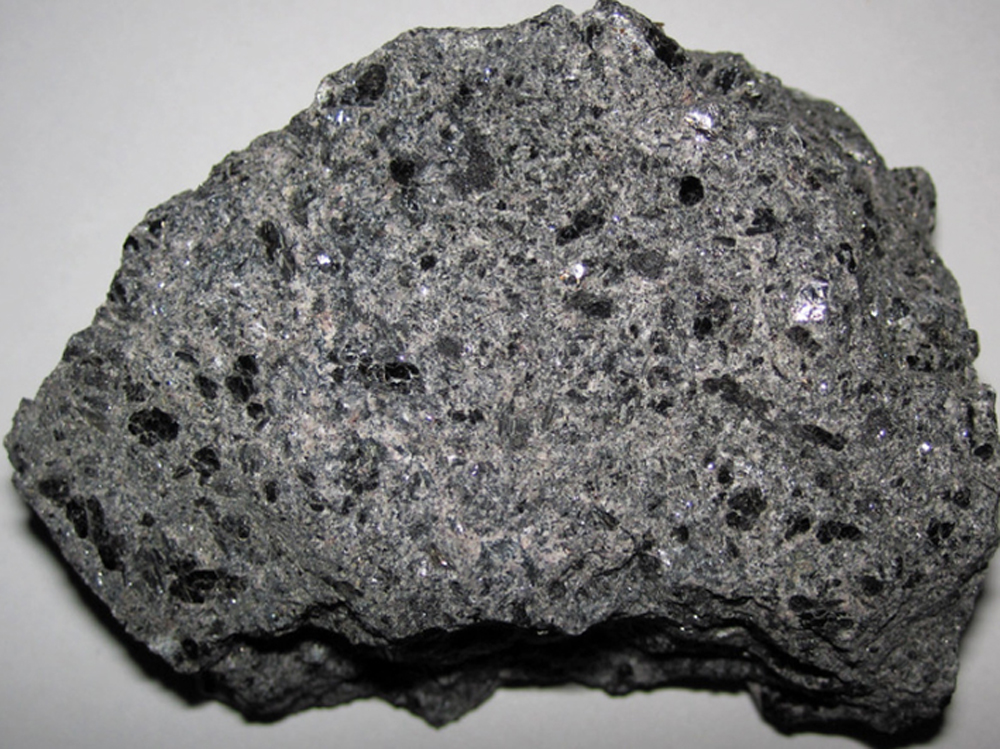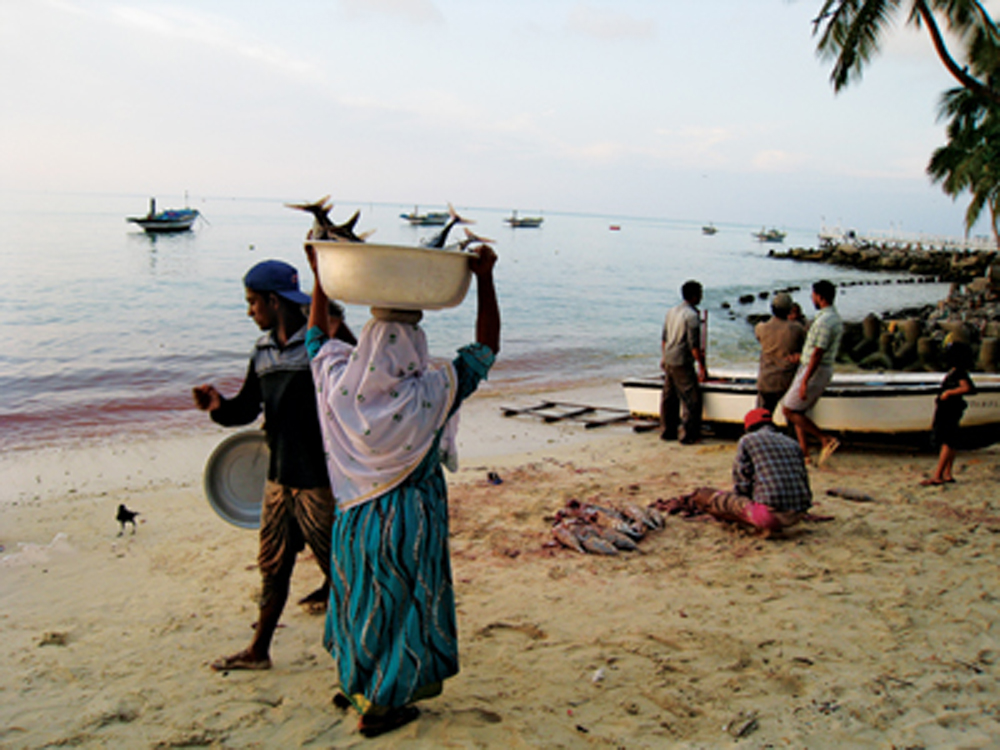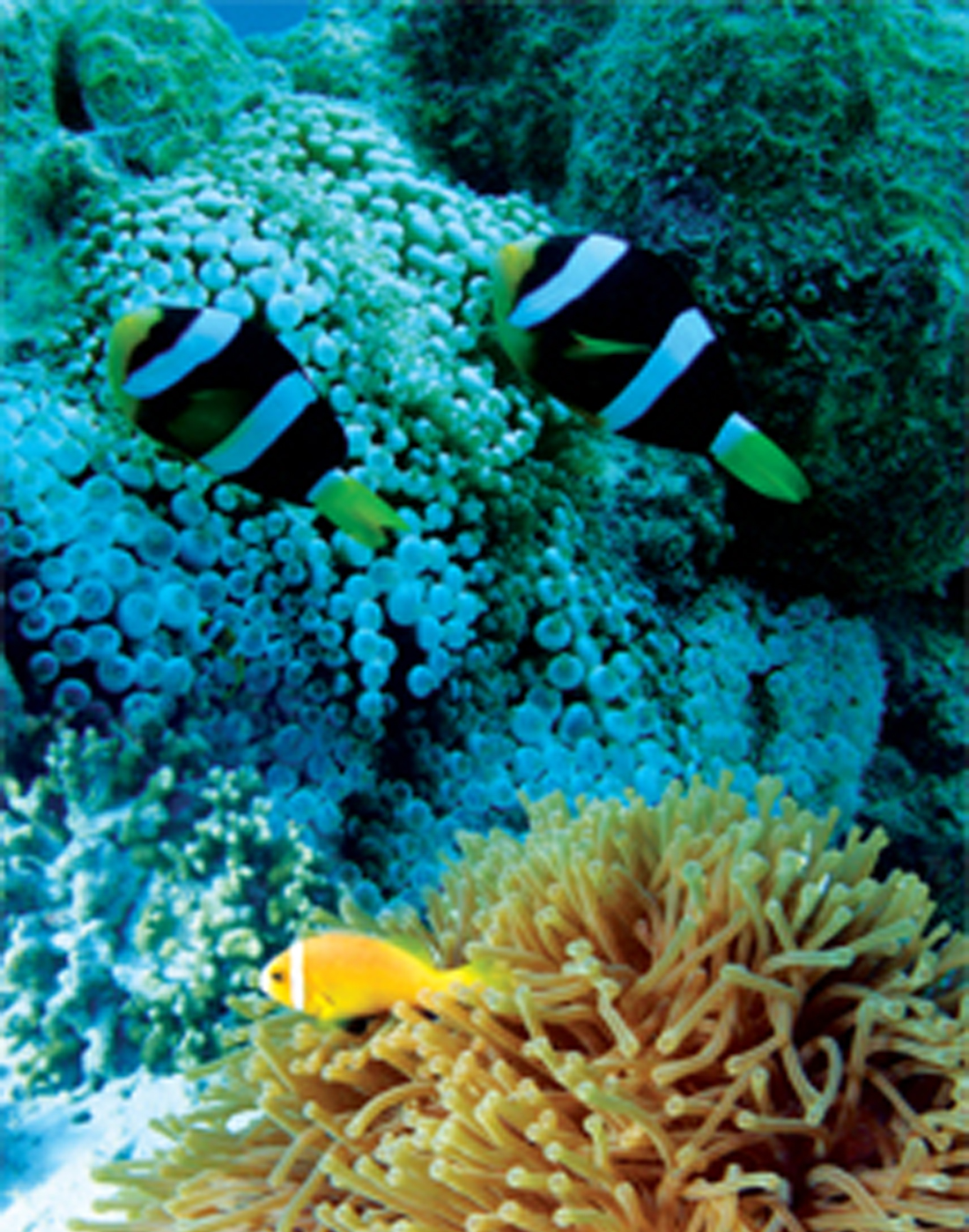Lakshadweep-State of Environment



India is set to embark on a new chapter in its Polar exploration journey with the construction of Maitri II. The Indian government plans to establish a new research station near the existing Maitri ba...
.png )
The Deep Ocean Mission (DOM), approved by the Government of India in 2021 under the Ministry of Earth Sciences (MoES), represents a strategic step in realizing Sustainable Development Goal 14 (SDG 14:...

China recently announced restrictions on the export of seven rare earth elements (REEs), soon after US President Donald Trump decided to impose tariffs. As the world's dominant supplier—responsible fo...
Precious and rare, the Lakshadweep group of islands is in urgent need of sustainable developmental activities. Stringent laws and policies will help the state of environment of this fragile lands.
Field based studies carried out in Lakshadweep for over two decades examine the islanders’ dependence on coral reefs. Data reveal that mainstream influences are leading to significant changes in cultu...
Bleaching of corals involves the expulsion of a single-celled algae (Zooxanthelle) by corals, which symbiotically live within coral tissues. In just a few decades, several reef ecosystems, which have...
Seagrasses are submerged monocotyledonous flowering plants adapted to complete their life cycle below the sea surface. They harbour rich diversity of marine flora and fauna of commercial importance; a...
Precious and rare, the Lakshadweep group of islands is in urgent need of sustainable developmental activities. Stringent laws and policies will help the state of environment of this fragile lands.

Field based studies carried out in Lakshadweep for over two decades examine the islanders’ dependence on coral reefs. Data reveal that mainstream influences are leading to significant changes in cultural norms with evidences of a break down of the traditional matrilineal society.

Bleaching of corals involves the expulsion of a single-celled algae (Zooxanthelle) by corals, which symbiotically live within coral tissues. In just a few decades, several reef ecosystems, which have taken millions of years to evolve, have been degraded, and some even destroyed, together with their innumerable species and intricate genetic codes. Climate change, unsustainable exploitation, and chr...
